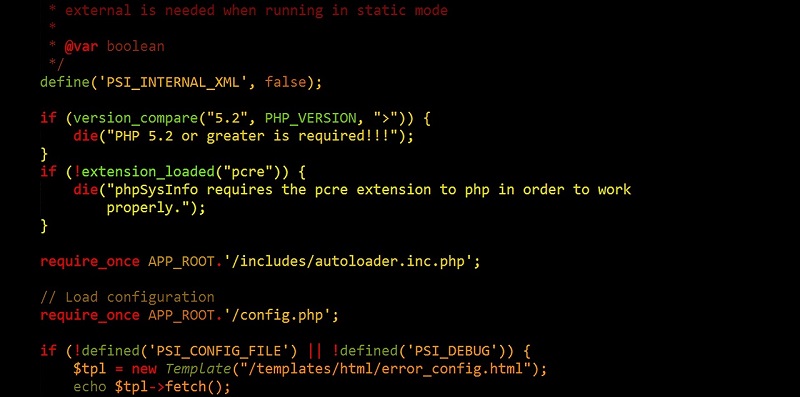In today’s fast-paced and ever-evolving technological landscape, software engineers require a robust and efficient development environment. This is where the concept of platform engineering comes into play. By designing, building, and maintaining the infrastructure and tools required by software engineers to develop and deploy applications, platform engineering helps streamline the development process and boost productivity. In this article, we will explore the importance of implementing a platform engineering approach and integrating DevOps practices within the development environment.
Understanding the Role of Platform Engineering
Platform engineering encompasses the creation and management of the infrastructure, frameworks, and tools that software engineers rely on. It ensures a stable and optimized development process, freeing developers from the burden of maintaining the environment themselves. This allows them to focus on core development tasks, increasing efficiency and productivity.
Removing Friction and Burden from Developers
Traditionally, developers have had to spend valuable time and effort patching, updating, and maintaining tools. However, with a platform engineering approach, the responsibility for these tasks is shifted to a dedicated team. This not only reduces developer workload but also ensures that tools are consistently up to date and optimized, further enhancing productivity.
Treating Developers as Internal Customers
Taking an internal customer-centric approach, platform engineering strives to provide developers with the best possible tools and user experience. By aligning the development environment with their needs and preferences, developers can maximize their productivity and achieve better outcomes.
Increased Productivity for Developers
Implementing a platform-engineering approach for the development environment empowers developers to focus on their core competencies. With the burden of environment maintenance alleviated, they can dedicate more time and energy to delivering high-quality code, resulting in increased productivity and faster time to market.
Streamlined and Integrated Process for Manufacturers
One of the significant advantages of platform engineering is the creation of a streamlined and integrated process for manufacturers. By providing a centralized infrastructure and standardized tools, manufacturers can easily bring new fixes and features to end-users. Additionally, having a well-maintained environment helps identify and repair issues faster, ensuring a seamless user experience.
Faster Tracking and Repair of Issues
Platform engineering teams play a vital role in monitoring, tracking, and resolving issues that arise during development. By actively maintaining and updating the development environment, they enable swift identification and resolution of bugs, enhancing the overall efficiency and agility of the development process.
Synchronization of Firmware and Software Teams
Incorporating DevOps practices alongside platform engineering allows firmware and software teams to collaborate and synchronize their efforts. This collaboration facilitates a more efficient and coordinated development lifecycle, leading to faster updates and a more streamlined release process.
Speeding Up Time to Market Through Coordination
DevOps principles emphasize continuous integration, delivery, and deployment, all of which are critical for the rapid delivery of updates and new features. By aligning DevOps practices with platform engineering, organizations can accelerate their time to market, staying ahead of competitors in the dynamic technology landscape.
Core Principles of Resiliency and Quick Response
DevOps promotes resiliency by fostering a culture of continuous learning, automation, and monitoring. This mindset enables development teams to quickly analyze and respond to challenges and evolving user needs. By implementing DevOps principles within the platform engineering approach, organizations can adapt to changes efficiently and maintain a competitive edge.
Implementing a platform engineering approach for the development environment, coupled with the integration of DevOps practices, provides numerous benefits for software engineers and organizations. By alleviating the burden of maintaining the development environment, developers can focus on their core tasks, leading to increased productivity. Organizations benefit from a streamlined process, resulting in faster delivery of updates and a more seamless user experience. By incorporating DevOps practices, organizations enjoy enhanced resiliency, allowing rapid responses to challenges and the ability to stay ahead in a fast-paced technology landscape. Embracing platform engineering and DevOps practices is essential for organizations striving for efficient and productive development environments.

